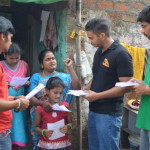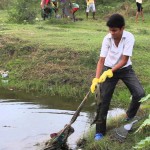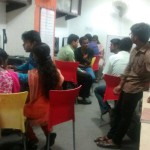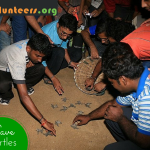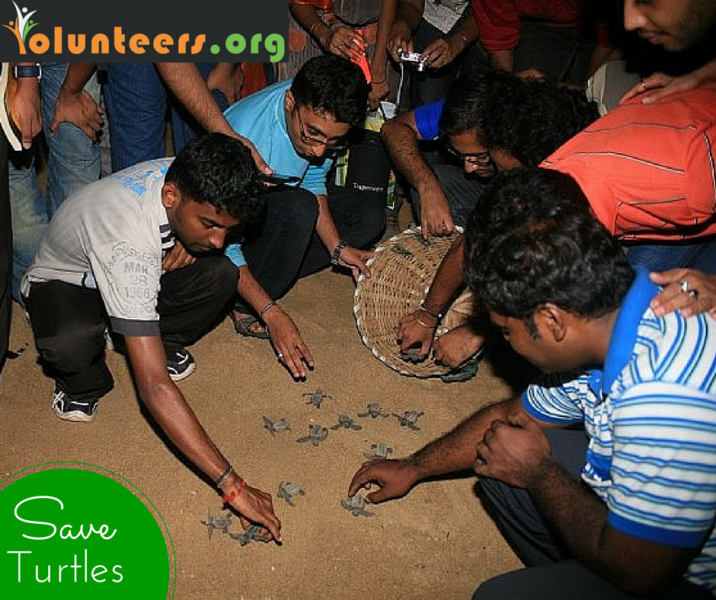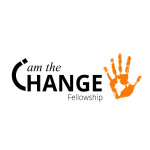Tips
- If you want to volunteer, but cannot make a long term commitment, remember that occasional, one-time or short-term commitments can help enormously. For example, donating blood doesn’t take all that long, and you feel good about helping others as well.
- If you are in charge of volunteers, thank them regularly. Don’t expect them to be content with an occasional praise. They don’t have to be there and their resentment can spread, ending a good working relationship or even resulting in dissolution of the organisation or club itself.
- If you need a special skill set, special clothing or any other equipment for carrying out your volunteer work and it has not been provided, demand it. Your safety, health and comfort are as important as that of any paid employee’s.
- Don’t volunteer simply for the credit or bragging rights. Make sure it is something you are capable of doing, and enjoy it.
- Don’t avoid volunteering just because you can’t be bothered. All societies need volunteers who are competent, enthusiastic, available and willing. When you are capable of undertaking volunteer commitments, do so in a flash. There is an enormous trade-off in volunteering that you will only understand when you do it. While the organisation is getting your time and energy for free, you are gaining confidence and satisfaction in doing a good deed, witnessing personal growth, nurturing your character, and perhaps developing a skill set that you would not necessarily get by sticking to you and yours alone. Be open to the world and one day, it just may be you who needs and gets that help in return.
Warnings

- Don’t volunteer if you are sick. You’re not helping anyone if you end up giving them a cold. This is especially important if you are working in a hospital, or with the elderly, children or people with weakened immune systems.
- Additionally, if you’re chronically sick, don’t volunteer if your illness could worsen by performing volunteer tasks. While some people can still carry out tasks during an illness (and for some, this is even a way of escaping the illness), if there is any possibility that your illness could be worsened by the added strain of volunteering, back down for some time until you feel better. This applies to many illnesses from cancer to chronic fatigue syndrome. You know yourself best – don’t let others “persuade” you into doing something rather than staying at home. Only volunteer your time if you truly feel it won’t harm your recovery and that you have the energy to do so.
- When volunteering, people with varied personalities come together. This is perhaps more so than in a workplace, where certain people come together based on specific skill sets and personality traits. To deal with this, sometimes you’ll need great patience. If things get heated, let people have their say and summarise their position. Later, suggest a compromising path. You don’t want to lose volunteers because of personality clashes, or those that know it all. Often these people will fly in, tell everyone else how to do it and then drop out just as quickly as they arrived. Volunteers that succeed the most are those who stick around for the long haul, who understand what’s happening and who treat each other with respect.
- Be aware of your environment. You may be a tempting target to the underprivileged. Consider taking a friend along if you are in an unfamiliar neighbourhood. Leave valuables behind. Do not show fear. This signals weakness and could be insulting.
Cross posted from: www.wikihow.com
 “Look, this has to work for you… what do you wanna get outta this experience?” she asked, squinting.
“Look, this has to work for you… what do you wanna get outta this experience?” she asked, squinting.

